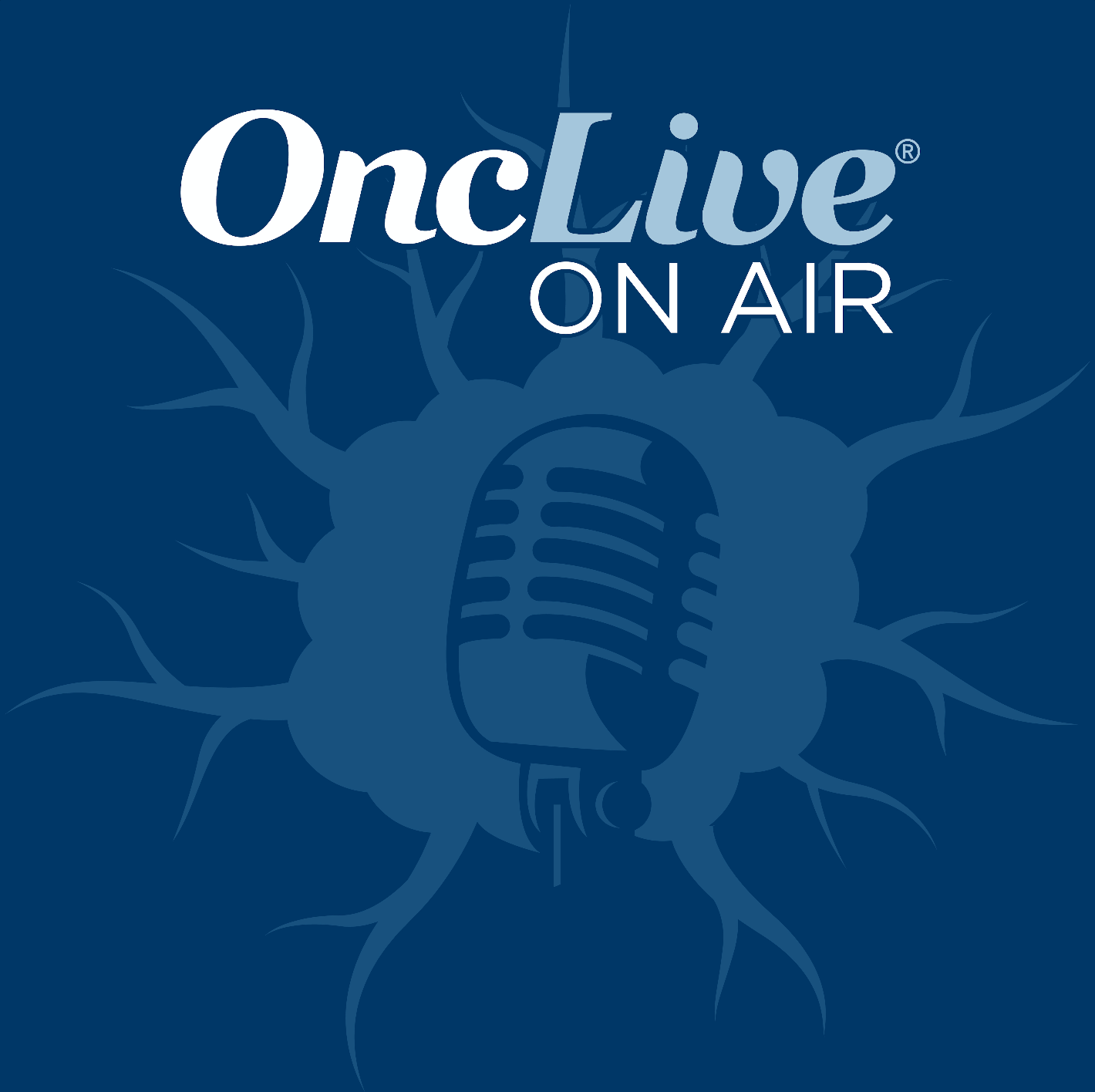Video
Dr. Ali on Whether Biosimilars Can Replace Biologics in Oncology
Author(s):
Haythem Y. Ali, MD, senior medical oncologist, Henry Ford Hospital, discusses whether biosimilars can replace biologics in oncology.
Haythem Y. Ali, MD, senior medical oncologist, Henry Ford Hospital, discusses whether biosimilars can replace biologics in oncology.
Innovation is an integral part of oncology, explains Ali. Currently, physicians are not reliant on branded drugs. Therefore, it is likely that the old biologics will be replaced in the development process. Though there are incentives to using biosimilars, it is unlikely that they will be the only available therapies in oncology, says Ali.
In September 2017, ABP-215 (bevacizumab-awwb; Mvasi), a biosimilar for bevacizumab (Avastin), was approved by the FDA for the treatment of adult patients with colorectal, lung, brain, kidney, and cervical cancers. ABP-215 was the first biosimilar to be approved in the United States for the treatment of patients with cancer. In December 2017, MYL-1401O (Ogivri; trastuzumab-dkst), a biosimilar for trastuzumab (Herceptin), was approved for the treatment of HER2-positive patients with breast cancer or metastatic gastric or gastroesophageal junction adenocarcinoma.





%201%20(1)-Recovered%20copy.jpg?fit=crop&auto=format)


%201%20(1)-Recovered%20copy.jpg?fit=crop&auto=format)